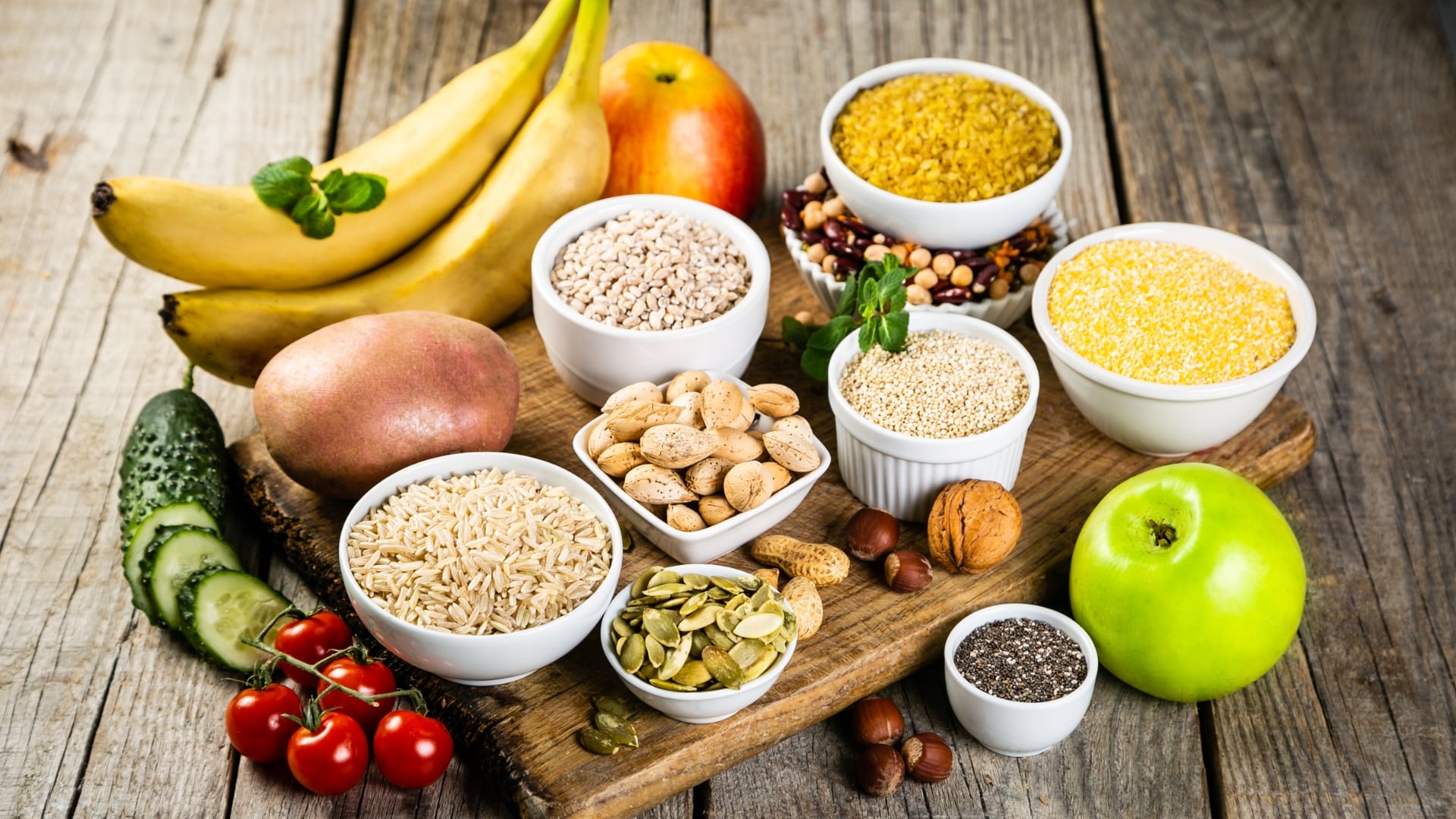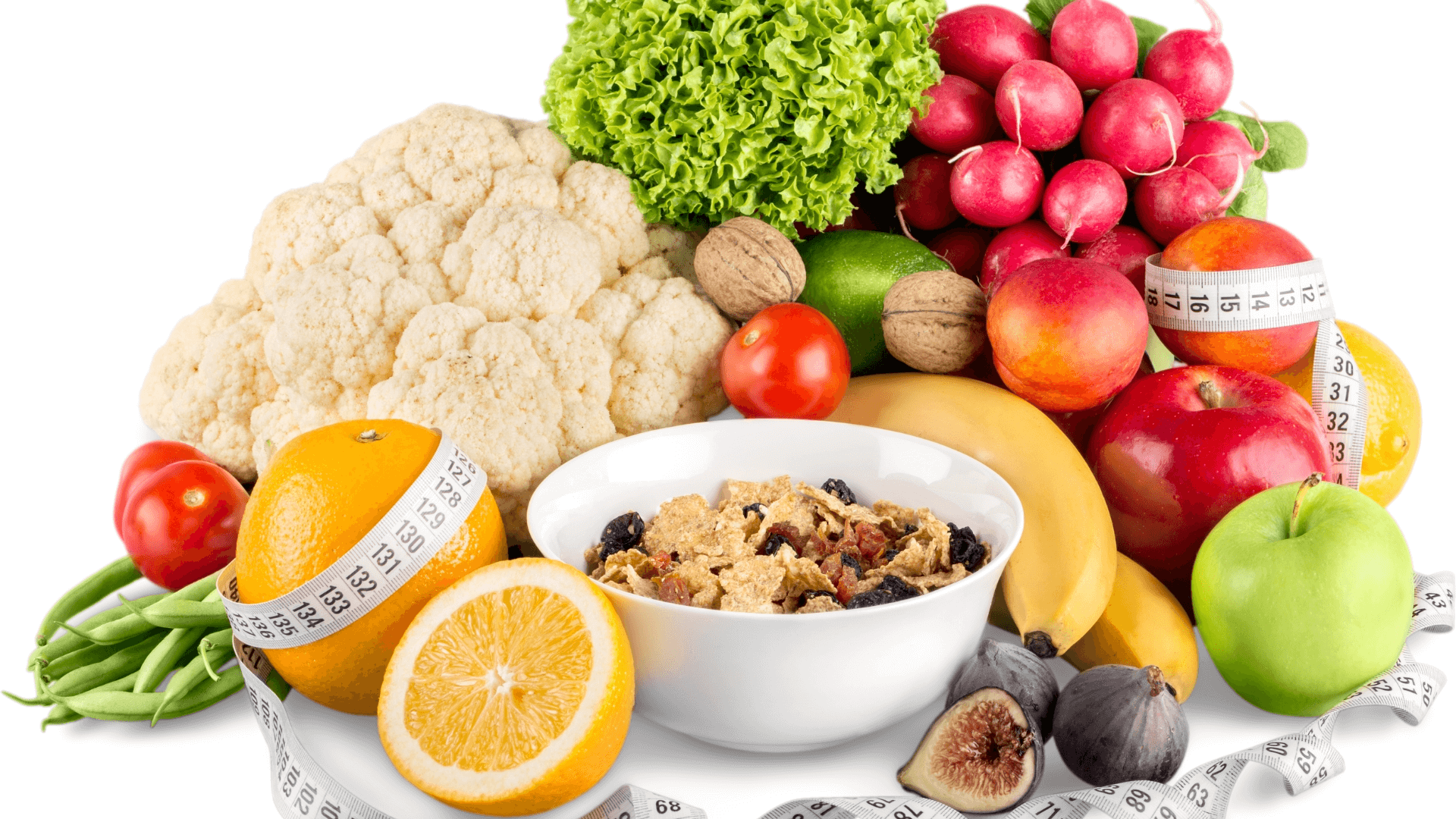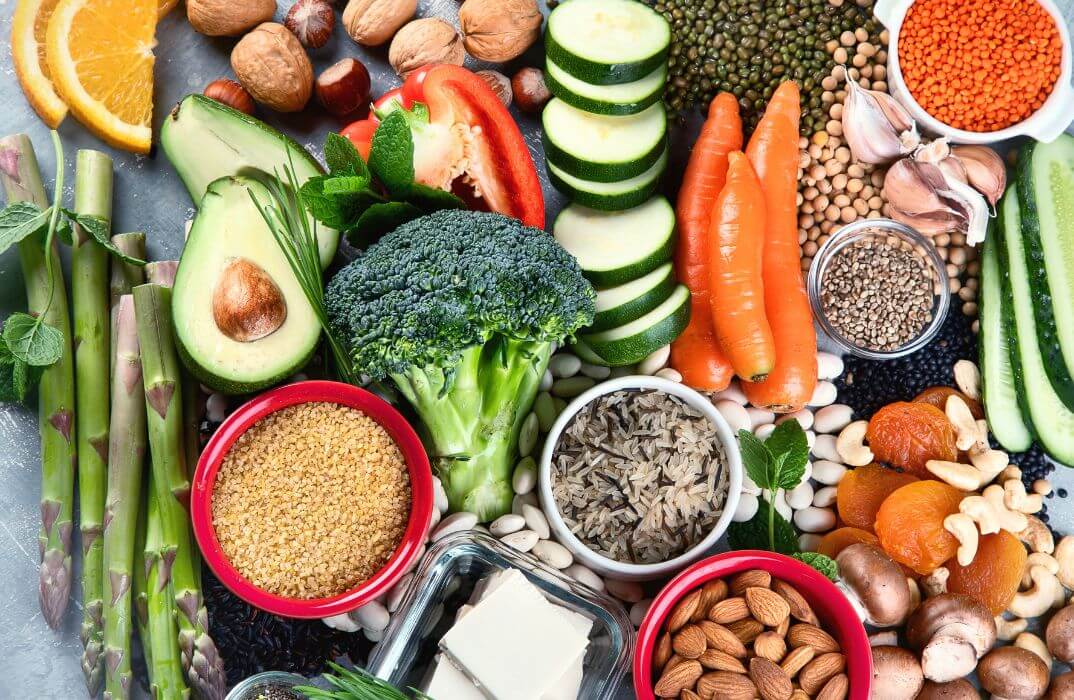Wondering what’s the benefits of fermented green foods? This blog post focuses on this topic. So, let’s discuss fermented green food and their benefits.
In many traditional cuisines worldwide, fermented foods have found a consistent spot at the dining table. From the tangy sauerkraut of Germany to the spicy kimchi of Korea, fermented foods have been savored not just for their unique taste but also for their health benefits.
This article delves deep into understanding why fermented green foods are nutritionally enhanced and the myriad advantages they offer.
1. What is Fermentation?
Fermentation is a metabolic process that converts sugar to acids, gases, or alcohol. It typically occurs in the absence of oxygen. Bacteria, yeast, and other microorganisms drive the fermentation process, breaking down food components (like carbohydrates) into simpler compounds.
2. Fermented Foods and Enhanced Nutrition
- Bioavailability: The fermentation process breaks down the nutrients in foods into more digestible forms. Phytic acid, found in many green foods, inhibits the absorption of certain minerals. Fermentation reduces the levels of phytic acid, increasing the bioavailability of minerals like iron, calcium, and zinc.
- Production of Nutrients: Fermenting foods can actually increase their nutritional content. Bacteria involved in the fermentation process produce B-vitamins, including riboflavin, niacin, and folic acid.
- Digestive Enzymes: The microbes used in fermentation produce digestive enzymes that remain in the fermented food. When consumed, these enzymes can aid our digestive process, helping to break down and absorb nutrients from the food we eat.
3. Probiotics and Gut Health
One of the most celebrated benefits of fermented foods is the presence of live beneficial bacteria or probiotics. These microorganisms:
- Enhance Gut Flora: They can positively modify the gut flora, promoting a more balanced and healthy microbial environment in our digestive tract.
- Boost Immune Function: A healthy gut can signal a healthy immune system. By promoting a beneficial gut environment, fermented foods can indirectly enhance our body’s immune responses.
- Combat Harmful Microorganisms: The lactic acid produced during fermentation creates an environment that’s inhospitable to harmful pathogens.
4. Detoxification
Certain fermented foods, especially those made from green vegetables, have detoxifying effects. They can bind to and help eliminate toxins and heavy metals from the body.
5. Sauerkraut, Kimchi, and Beyond
- Sauerkraut: Made from fermented cabbage, it’s a source of B-vitamins, fiber, and a range of beneficial enzymes. Its tangy flavor complements many dishes and can aid in digestion.
- Kimchi: A staple in Korean cuisine, kimchi is made from fermented vegetables like napa cabbage and radishes, spiced with chili and garlic. It’s not only a probiotic powerhouse but also rich in vitamins A, B, and C.
- Others: Beyond these, there are numerous other fermented green foods like pickles, fermented green beans, and more, each bringing their own unique flavor and health benefits to the table.
6. Potential Considerations
While fermented foods offer myriad benefits, they should be consumed in moderation. Overconsumption can lead to bloating and excessive salt intake. Those with high blood pressure or on a sodium-restricted diet should monitor their intake. It’s also crucial to ensure you’re consuming genuinely fermented foods and not just vinegar-based pickled versions, which may not offer the same health benefits.
In Conclusion
The beauty of fermented green foods lies not just in their taste but also in the complex interplay of microbes that enhance their nutritional profile.
Adding a serving of fermented foods to your daily diet can pave the way for better digestion, enhanced nutrient absorption, and an overall healthier gut.
Embrace the age-old tradition of fermentation and savor the synergy of taste and nutrition it brings to every bite!





